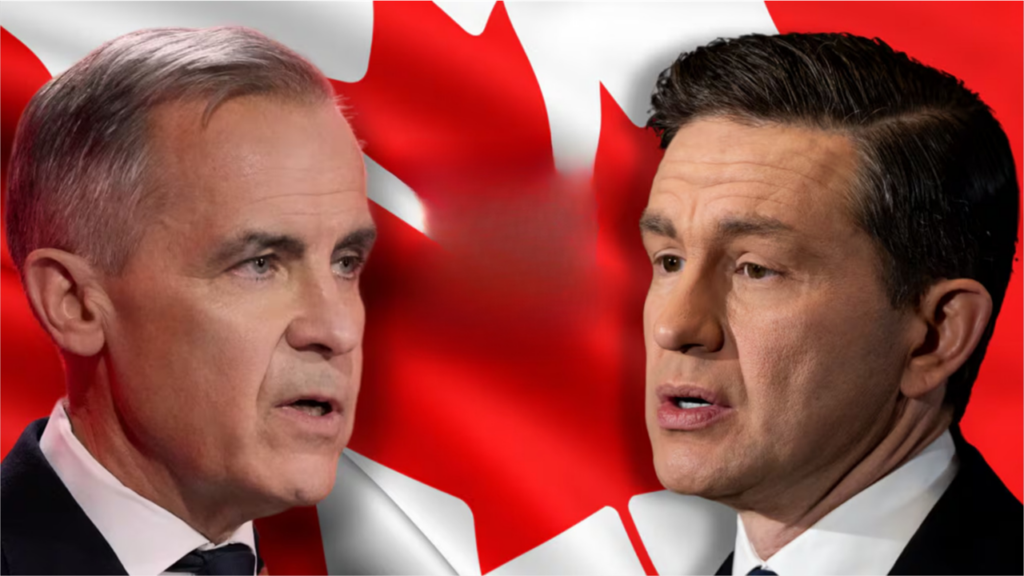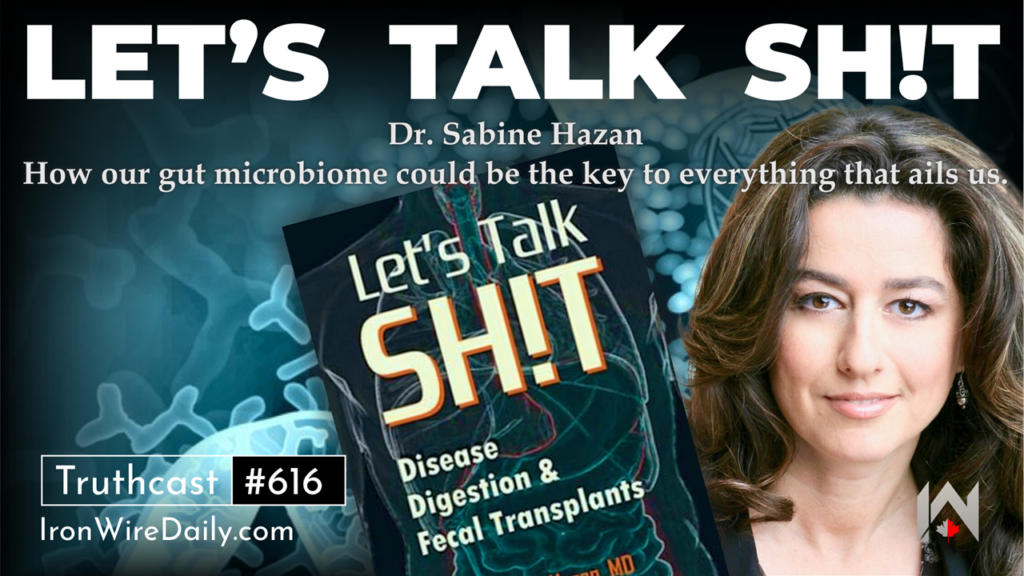UK plans to test children with gender confusion for autism – LifeSite
(LifeSiteNews) — The UK’s slow return to sanity on gender ideology continues.
According to The Telegraph, the National Health Service has drafted plans to test all children who believe they are “transgender” for autism due to findings in the Cass Review, which noted that “mental health conditions were disproportionately common among children and young people with gender dysphoria.”
“Every child referred to a gender clinic will be ‘screened for neurodevelopmental conditions’ such as autism and ADHD under new guidance,” The Telegraph reported. “Medics will also evaluate each child’s mental health, their relationship with their family and their sexual development, including whether they are experiencing same-sex attraction.”
Many parents, experts, and psychiatrists have been calling for such screenings for years, but transgender activists pushing the so-called “gender-affirming care” model refused to consider the intersection of autism and other factors and gender dysphoria. Consequently, many parents have seen their autistic children sucked into the gender cult; the newsletter Parents with Inconvenient Truths about Trans has published heartbreaking stories almost weekly.
The NHS will now be moving away from the “medical model” or “gender-affirming care” to a “holistic” approach. The fact that so many young people had to be irreparably damaged in order for the NHS to embrace the “holistic” approach is evidence of how effectively LGBT activists had taken over medical institutions to begin with. This new guidance will be released for public consultation shortly and come into effect later in 2025. According to The Telegraph:
However, some groups criticised a “serious flaw” in the policy as it leaves an open door to the use of cross-sex hormones. They also condemned its absence of recognition of the wider societal issues to which children are exposed. The new NHS Children and Young People’s Gender Service will explore eight key areas of a child’s life.
To assess “development”, doctors will take a “detailed history” of the child’s social, cognitive and physical growth, particularly because of the “substantial” changes that take place during puberty. They will screen children for autism and learning disabilities and look into whether further “cognitive assessments” are necessary.
The specification says: “Given the high prevalence of neurodiversity identified within this population, all those attending the NHS Children and Young People’s Gender Service should receive screening for neurodevelopmental conditions.” The “multidisciplinary team” of experts, including a consultant specialising in neurodevelopmental disorders, will create a treatment plan for each individual depending on their diagnosis.
If, during the screening, a “neurodevelopmental condition” is identified, a referral to the Paediatric Neurodevelopmental Service or Paediatric ASD Service will be likely, according to the guidance. Physicians will seek to determine whether the child’s symptoms are a result of underlying conditions or gender dysphoria, and their conditions will be reviewed longer term. Dr. Michael Craig, the clinical lead from the NHS National Autism Unit from 2007 to 2023, “previously estimated half of patients seen by Tavistock’s clinic had autism after observing sessions.”
Hilary Cass observed the same trend, noting that one study found that autism was a “common denominator” in people identifying as transgender, with a recent study determining that gender-confused people were three to six times more likely to be autistic. The spike in girls identifying as transgender, Cass noted, was in part due to “undiagnosed autism, which is often missed in adolescent girls.” The new NHS guidance noted that there has been a “reluctance to explore or address” mental health issues, in part because gender dysphoria has not been classified as a mental illness under the “gender-affirming care” model.
The new holistic NHS approach will also include examining the social context of children struggling with gender dysphoria:
Another key area is dubbed “family context”, with medics being tasked to paint a picture of each child’s upbringing and familial relationships. The specification noted that “there is evidence of an increased frequency of family parental physical and/or mental ill health and other family stressors in this group”.
Under the section titled sexual development, knowledge and sexual orientation, it said “clinicians should seek to understand the child/young person’s emerging sexuality and sexual orientation”. If this has been a previous issue, doctors should consider whether the child was exposed to “adversity and trauma”. They will also examine the children’s physical health needs and the impact of any long-term conditions, along with their broader well-being, school relationships and educational attainment.
Critics of “gender-affirming care” have been enthusiastic about this proposed guidance, with Dr. Louise Irvine of the Clinical Advisory Network on Sex and Gender telling The Telegraph that: “The new service recognises that many also experience mental health, neurodevelopmental and/or personal, family or social complexities in their lives. The challenge will be to ensure NHS services can provide prompt access to appropriate service for any identified needs as waiting lists are currently very long.” Irvine did note the “serious flaw” in the guidance being that it “leaves the door open for referral of children and young people under 18 for cross-sex hormones,” which she called unscientific and “irresponsible.”

Jonathon’s writings have been translated into more than six languages and in addition to LifeSiteNews, has been published in the National Post, National Review, First Things, The Federalist, The American Conservative, The Stream, the Jewish Independent, the Hamilton Spectator, Reformed Perspective Magazine, and LifeNews, among others. He is a contributing editor to The European Conservative.
His insights have been featured on CTV, Global News, and the CBC, as well as over twenty radio stations. He regularly speaks on a variety of social issues at universities, high schools, churches, and other functions in Canada, the United States, and Europe.
He is the author of The Culture War, Seeing is Believing: Why Our Culture Must Face the Victims of Abortion, Patriots: The Untold Story of Ireland’s Pro-Life Movement, Prairie Lion: The Life and Times of Ted Byfield, and co-author of A Guide to Discussing Assisted Suicide with Blaise Alleyne.
Jonathon serves as the communications director for the Canadian Centre for Bio-Ethical Reform.













